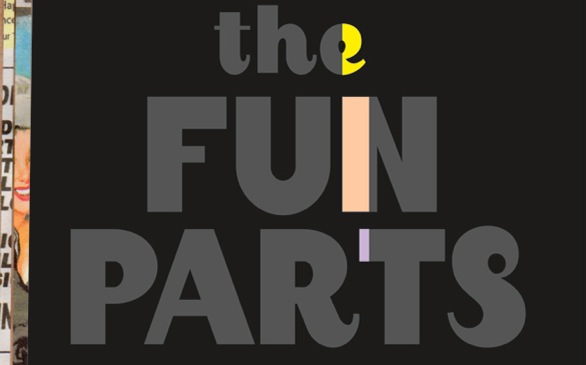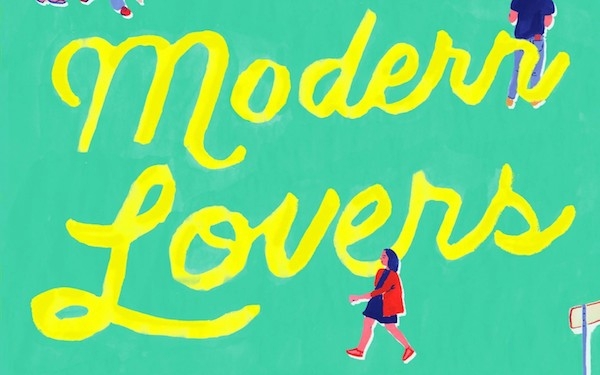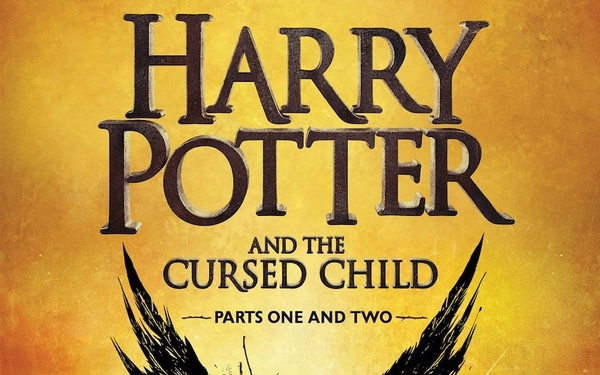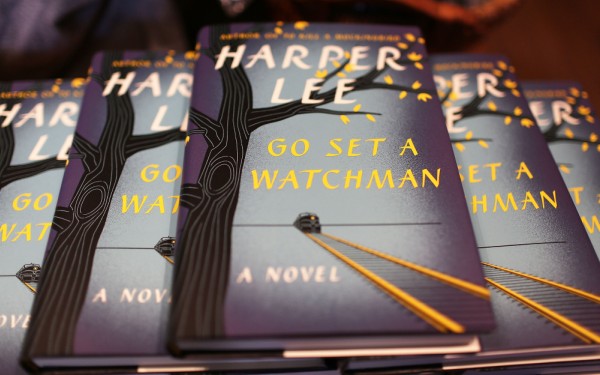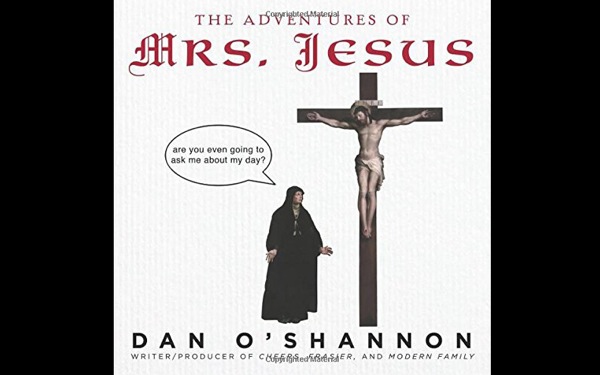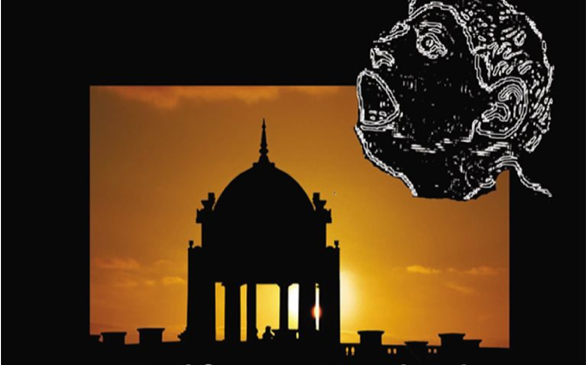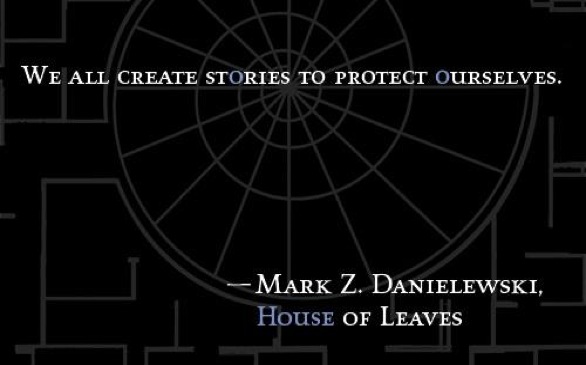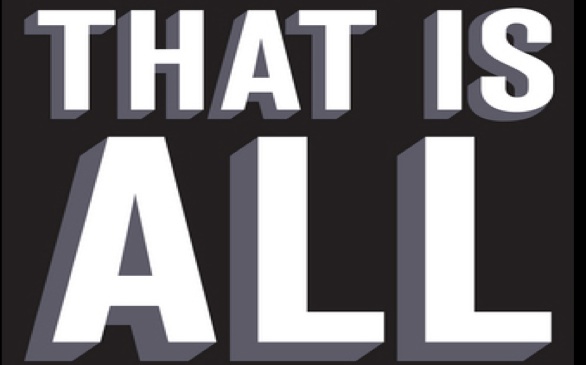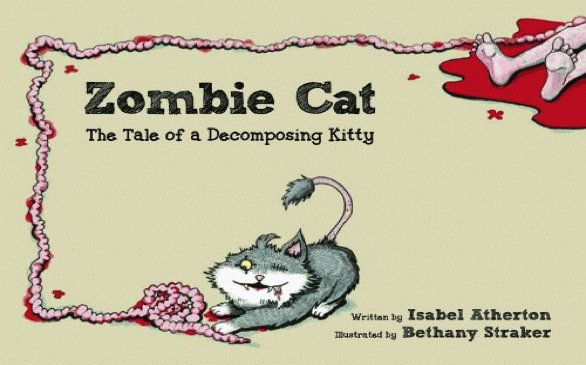Satirist Sam Lipsyte follows up his decade-defining novel The Ask with a new collection of short stories: The Fun Parts. In one of the best entries, “The Republic of Empathy,” a man wakes to find himself suddenly a father of two and living in the suburbs—right before he is blown to bits by a predator drone experiencing a crisis of conscience. It’s a moment that crystalizes Lipsyte’s vision—Kafka for an aging Generation X.
At the heart of The Fun Parts is the question of authenticity in a media-saturated age. In a culture that so unapologetically relishes its vapidity, where self-appointed experts rule the Internet, reality TV stars confess their deepest secrets during manufactured confrontations, and people carry out entire relationships in 140 characters or less, is satire even possible?
It’s this nebulous, almost surreal, quality of the early twenty-first century human experience on which Lipsyte turns his laser-guided gaze. Few can match his ability to lay bare all of our shortcomings, our yearnings to connect, and our self-aware hypocrisies.
Lipsyte is at his best when inhabiting the minds of middle-aged slackers unable to fit into the professional world or carry on meaningful relationships. They talk at each other in half-remembered movie clichés, the exchanges growing in Beckett-esque absurdity that, for the characters in this reality, pass for legitimate interaction.
In “Expressive,” a man has mastered the art of arranging his facial features into shorthand expressions in order to elicit desired responses from others. He comes home one night after casually destroying a lesbian relationship to find his wife “sitting up at the kitchen table with a mug of coffee, like she saw it in a movie about a wife sitting up for her shitty husband.”
At times, the similarity of the collection’s narrators begins to feel repetitive. But the moments when Lipsyte reaches beyond his man-child avatars, as he does with the former addict and daughter of a Holocaust survivor in “Deniers,” are also the least effective entries.
Nevertheless, the collection is studded with nuggets of postmodern wit that pull into focus the jumble of our overcrowded brains.
Grade: B+


